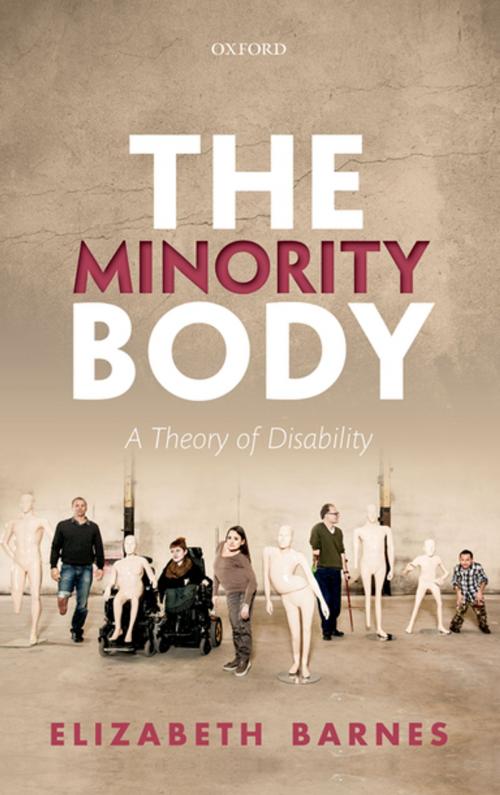The Minority Body
A Theory of Disability
Nonfiction, Religion & Spirituality, Philosophy, Ethics & Moral Philosophy, Social & Cultural Studies, Social Science| Author: | Elizabeth Barnes | ISBN: | 9780191046568 |
| Publisher: | OUP Oxford | Publication: | April 7, 2016 |
| Imprint: | OUP Oxford | Language: | English |
| Author: | Elizabeth Barnes |
| ISBN: | 9780191046568 |
| Publisher: | OUP Oxford |
| Publication: | April 7, 2016 |
| Imprint: | OUP Oxford |
| Language: | English |
Elizabeth Barnes argues compellingly that disability is primarily a social phenomenon—a way of being a minority, a way of facing social oppression, but not a way of being inherently or intrinsically worse off. This is how disability is understood in the Disability Rights and Disability Pride movements; but there is a massive disconnect with the way disability is typically viewed within analytic philosophy. The idea that disability is not inherently bad or sub-optimal is one that many philosophers treat with open skepticism, and sometimes even with scorn. The goal of this book is to articulate and defend a version of the view of disability that is common in the Disability Rights movement. Elizabeth Barnes argues that to be physically disabled is not to have a defective body, but simply to have a minority body.
Elizabeth Barnes argues compellingly that disability is primarily a social phenomenon—a way of being a minority, a way of facing social oppression, but not a way of being inherently or intrinsically worse off. This is how disability is understood in the Disability Rights and Disability Pride movements; but there is a massive disconnect with the way disability is typically viewed within analytic philosophy. The idea that disability is not inherently bad or sub-optimal is one that many philosophers treat with open skepticism, and sometimes even with scorn. The goal of this book is to articulate and defend a version of the view of disability that is common in the Disability Rights movement. Elizabeth Barnes argues that to be physically disabled is not to have a defective body, but simply to have a minority body.















